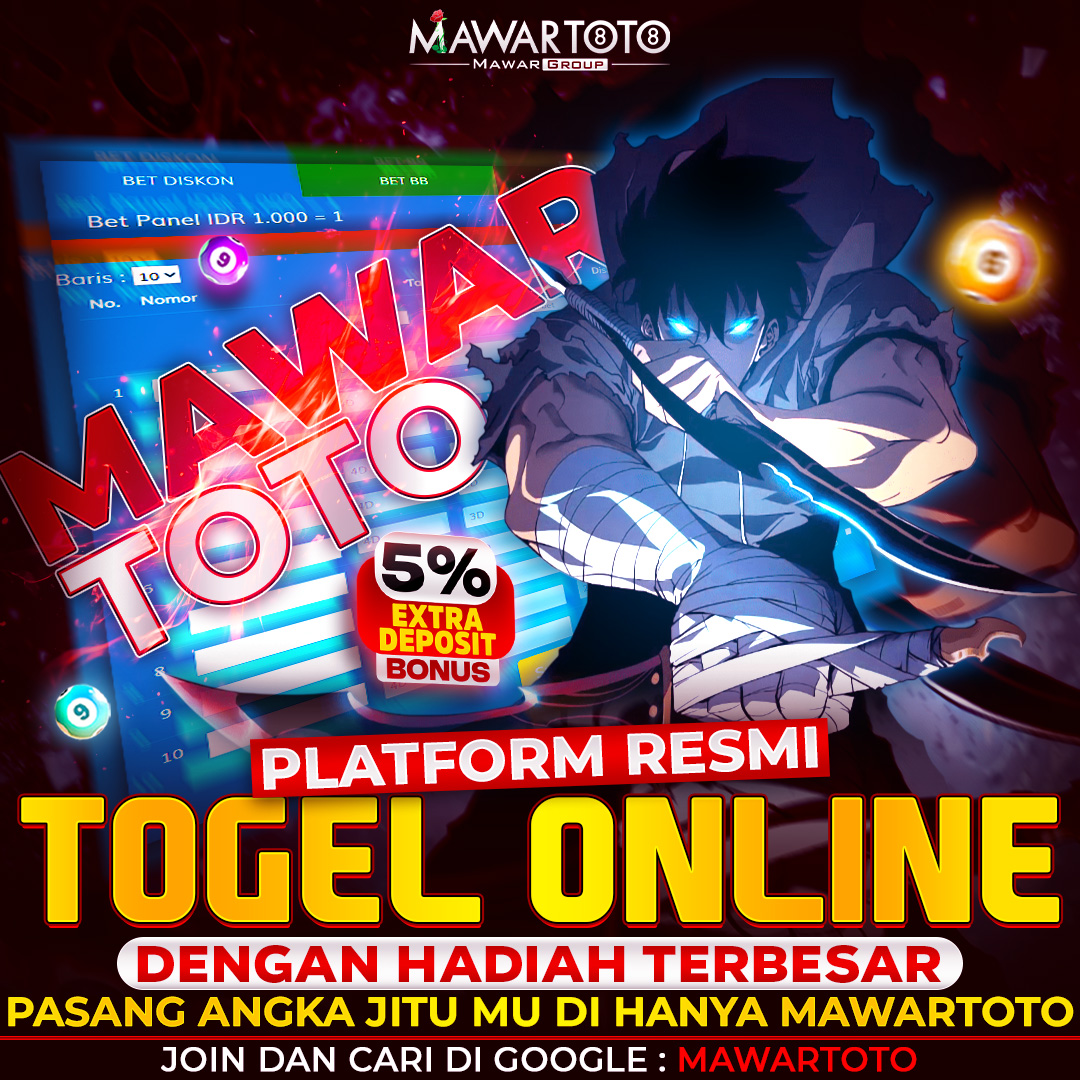Mawartoto - Prosedur Utama Situs Toto Togel Dengan Penilaian Tertinggi #1
Mawartoto - Prosedur Utama Situs Toto Togel Dengan Penilaian Tertinggi #1
Get it fast
Pickup
Loading store
Error loading

Limited Time Promotion
Financing
Trade in popup


Trade-In
Explore the devices to learn more.
Trade-in your device in 3 easy steps!
Please contact us at [email protected] if you have other enquiries. Trade-in program is provided by "Carousell".
Frequently Asked Questions
What do I need to bring along?
You will be required to bring your charger and cable for laptops.
What if I do not like the value after
assessment?
You can choose to not accept the trade-in value, but the value shown is final.
Can multiple devices be traded in during the
same transaction?
Unfortunately, only one device can be traded in per transaction.
Do I get to keep the memory card from the
trade-in devices?
We recommend that you remove and keep all your memory cards before you trade-in a device
Would I be able to get back my old device
back after the trade-in?
You would not be able to retrieve your old device as all trade-ins are final. Prior to trading in your device, we recommend backing up all your important content such as contacts, photos, videos, etc.
Can I trade-in my device if it does not
work?
We would not be able to assess your device if we are unable to power on your device.
What if my device is not found in the
trade-in device list?
You can head down to our stores to get your device assessed by our iStudio Experts to check if it is accepted.
Collapsible content
Terms and Conditions
- Customer affirms that s/he is at least legally 18 years of age.
- "Customer" means the undersigned that is the owner of the Product or has been authorised by the owner of the Product to make decisions on the Product.
- The Trade-in programme is provided to iStudio customers by Laku6 as a third party company. Apple is not a party in the transaction.
- Laku6 and iStudio reserve the right to refuse, cancel, or limit the programme for any reason and may change these terms and conditions at any time without prior notice.
- The Programme is provided for lawful purposes only, to the extent permitted by law, Customer agrees to indemnify iStudio, Laku6, its affiliate and any of its directors, officers, employees, affiliates, subsidiaries or agents from and against claims brought against any of them arising from Customer's breach of terms and conditions of the Programme.
- iStudio trade-in programme is only available at all iStudio stores (excluding Airport Terminal Stores)
- Total trade-in value is not transferable.
- iStudio reserves the right to refuse any customer's eligibility at any time in its discretion in the even of such customer's breach or suspected breach of any of the terms and conditions herein without prior notification or any liability to such customer whatsoever.
- iStudio reserves the right to vary any term or condition. iStudio will, where it is practicable to do so, give customers advance notice (which may be through written notice, electronic mail letters, iStudio website, or such other forms as iStudio deems appropriate) of such changes.
- This iStudio Trade-in programme is limited to one (1) device per eligible trade-in.
Why Shop Online
Mawartoto - Prosedur Utama Situs Toto Togel Dengan Penilaian Tertinggi #1
Mawartoto adalah platform situs toto yang dikenal luas karena menghadirkan sistem permainan toto togel yang terstruktur, mudah dipahami, dan memiliki reputasi tinggi di kalangan pemain online. Dengan mengutamakan kenyamanan serta kemudahan akses, Mawartoto berhasil menjadi salah satu pilihan utama bagi pecinta permainan angka.
❓ Pertanyaan Seputar Pemain Mawartoto Diajukan (FAQ)
Mawartoto menghadirkan sistem yang terstruktur dengan prosedur yang jelas mulai dari pendaftaran hingga proses bermain. Stabilitas platform serta kemudahan navigasi menjadi alasan mengapa banyak pemain menilai situs ini sebagai pilihan utama.
Calon member cukup mengisi data pada formulir pendaftaran, membuat username dan password, lalu melakukan konfirmasi. Setelah akun aktif, pemain bisa langsung melakukan deposit dan memilih pasaran Toto Togel yang diinginkan.
Ya, sebagai Situs Toto dengan rating tinggi, Mawartoto menawarkan berbagai pasaran populer yang dapat dipilih sesuai preferensi pemain. Setiap pasaran memiliki jadwal dan ketentuan yang sudah tertera secara transparan.
Mawartoto menerapkan sistem perlindungan data serta pemantauan transaksi untuk menjaga kenyamanan pengguna. Setiap aktivitas akun diproses melalui sistem yang dirancang agar tetap aman dan stabil.
Tersedia informasi dan penjelasan mengenai jenis taruhan, cara memasang angka, serta ketentuan umum permainan. Hal ini membantu pemain baru memahami mekanisme Toto Togel sebelum mulai memasang taruhan.
SITUS TOTO
SITUS TOGEL
SITUS TOTO TOGEL
TOTO TOGEL
TOTO
TOGEL
SITUS MAWARTOTO
MAWARTOTO TOGEL
Single column accordion
- Choosing a selection results in a full page refresh.
- Opens in a new window.
How does Financing work?
Get what you want now, pay for it later!
Shopping online made so much more accessible now with PayLater by Grab.


 ALTERNATIF
ALTERNATIF
 LOGIN
LOGIN
 DAFTAR
DAFTAR
 PROMO
PROMO
 LIVE CHAT
LIVE CHAT